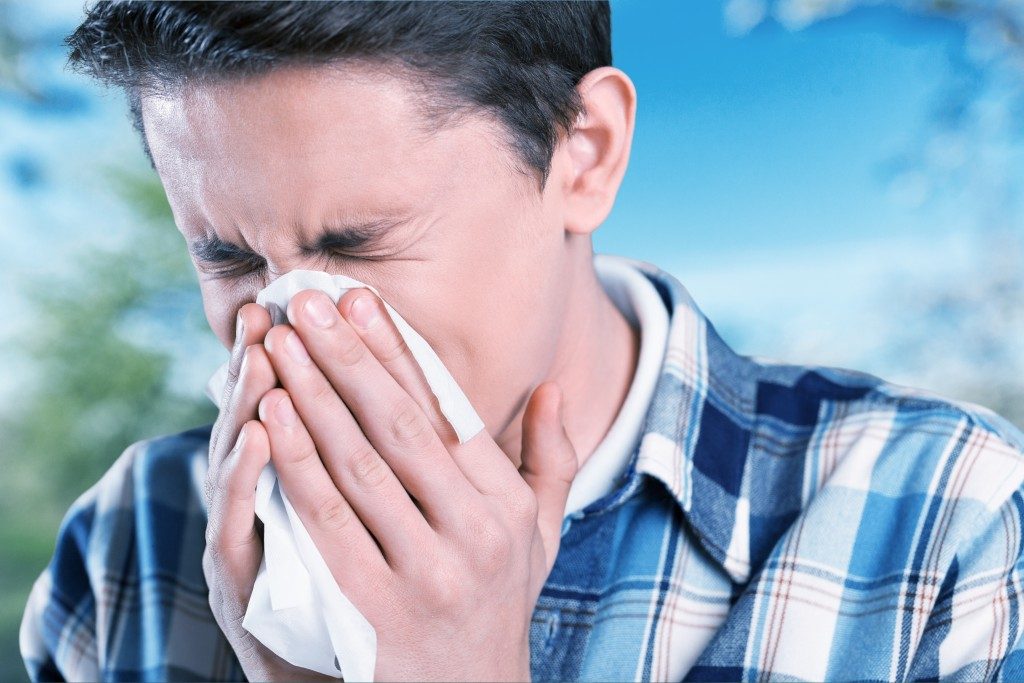Coming down with the flu is never easy. It is an annoyance for most of us, and it can even pose a serious threat to people whose immune systems are not well-equipped to handle it. While everyone inevitably gets sick every once in a while, there are surefire ways to reduce the risk of it happening often. Here are some guaranteed ways to protect yourself and your family from getting infected.
Disinfect your home
Even if you clean your house daily, there are certain areas in your home that are breeding grounds for bacteria and viruses that need extra attention. Take, for example, your carpet.
A quick run-through with a vacuum is not enough to get rid of bacteria, dust, and pollen that are trapped within it. Therefore, it is highly recommended that you have your carpet cleaned by a professional carpet cleaner. There are plenty of them around London, from Brixton to Bromley, so you should have no trouble finding one to disinfect your carpet at least once a month.
Other high-traffic areas that are breeding grounds for bacteria include doorknobs, couches, handrails, light switches, and desks. Your electronics, especially your computer or laptop keyboard, should be thoroughly disinfected, as well.
Get enough sleep
When you sleep, your body takes the time to rebuild worn-down muscles and clean waste produced in the brain. This promotes healthy brain function and overall good health. Your body will also be better equipped to regulate your immune system and metabolic functions because of the release of cytokines, a type of protein that helps the body fight infection by regulating the immune system.

Take zinc supplements
Zinc is a micronutrient that occurs naturally in fish, meat, nuts, and many other foods. It is essential to fighting off infections in the body since it plays a significant role in things like cell growth, wound healing, cell division, and the breakdown of carbohydrates which reduces the risk of flu infection.
If you are already infected and have started to feel symptoms, zinc can also significantly reduce the severity and length of time the symptoms last.
Practice good hygiene
Good hygiene can stop the spread of germs on your body. Regular and thorough washing of hands and wearing a mask to cover your mouth and nose from airborne germs and viruses are some effective precautionary measures that you can take.
It is also recommended that you carry a hand sanitizer with you when you are out to disinfect your hands before eating or shared surfaces such as tables, public toilets, telephones, and keyboards.
Do not stress out
Studies show a link to mental stress and illness because of the increased release of cortisol in the body. Cortisol helps the body fight inflammation and disease, but too much of it can lessen its effectiveness. Regulating stress through things like yoga and meditation can significantly reduce your risk of flu infection.
While it might not be possible to never get sick, early prevention is the key to reducing your chances of getting the flu.




